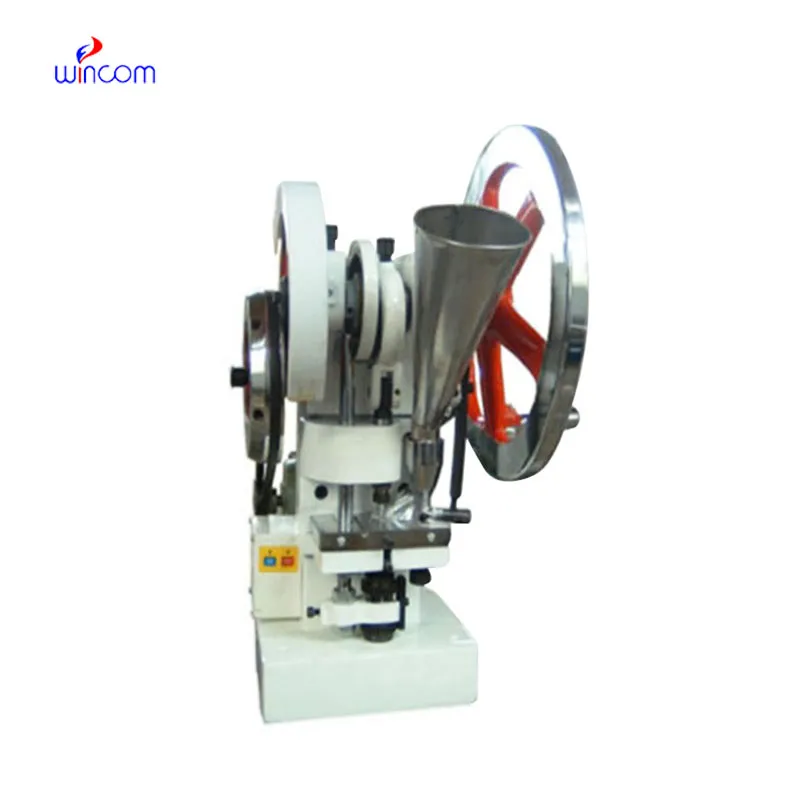
With improved magnetic field homogeneity and multi-channel receive coils, the 1.5t mri machine offers reproducible and unambiguous imaging output. With its software platform, the system offers fast image reconstruction and custom scanning sequence application. The 1.5t mri machine offers reproducible performance in clinical and research application.

The 1.5t mri machine is used extensively in oncology to screen for tumors, check for response to treatment, and identify the makeup of tissue. It offers clean differentiation between healthy tissues and sick tissues. The 1.5t mri machine enables early detection of brain, liver, and other organ cancers and allows for appropriate medical planning.

Future development of the 1.5t mri machine will be directed towards hybrid imaging systems that combine MRI with another modality such as PET or ultrasound. Combining them will provide us with information in more than one dimension regarding structure and function. The 1.5t mri machine will be a key tool for precision diagnosis and personalized treatment planning.

The 1.5t mri machine should be kept in a controlled environment to prevent overheating and condensation. Inspection of filters, ventilation systems, and electrical grounding is necessary from time to time. The 1.5t mri machine should be tested for performance to ensure signal strength, image resolution, and alignment accuracy.
The 1.5t mri machine is an imaging technology of high performance that gives unambiguous images of internal organs. The 1.5t mri machine applies its powerful magnetic resonance technology to sense subtle variations between disease and healthy tissues. The 1.5t mri machine mainly operates for diagnosis, treatment planning, and medical research across the world.
Q: What should patients avoid before an MRI scan? A: Patients should avoid wearing metal objects, such as jewelry, watches, or hairpins, as these can interfere with the MRI machine's magnetic field. Q: How does MRI help in brain imaging? A: MRI provides detailed views of brain structures, helping detect conditions such as tumors, aneurysms, multiple sclerosis, and stroke-related damage. Q: Can MRI scans be performed on children? A: Yes, MRI is safe for children since it doesn’t use radiation. In some cases, mild sedation may be used to help young patients remain still during scanning. Q: What is functional MRI (fMRI)? A: Functional MRI measures brain activity by detecting changes in blood flow, allowing researchers and doctors to study brain function and neural connectivity. Q: How are MRI images interpreted? A: Radiologists analyze the images produced by the MRI machine to identify abnormalities, tissue differences, or structural changes that are relevant to the diagnosis.
The water bath performs consistently and maintains a stable temperature even during long experiments. It’s reliable and easy to operate.
We’ve been using this mri machine for several months, and the image clarity is excellent. It’s reliable and easy for our team to operate.
To protect the privacy of our buyers, only public service email domains like Gmail, Yahoo, and MSN will be displayed. Additionally, only a limited portion of the inquiry content will be shown.
We are planning to upgrade our imaging department and would like more information on your mri machin...
We’re currently sourcing an ultrasound scanner for hospital use. Please send product specification...
E-mail: [email protected]
Tel: +86-731-84176622
+86-731-84136655
Address: Rm.1507,Xinsancheng Plaza. No.58, Renmin Road(E),Changsha,Hunan,China